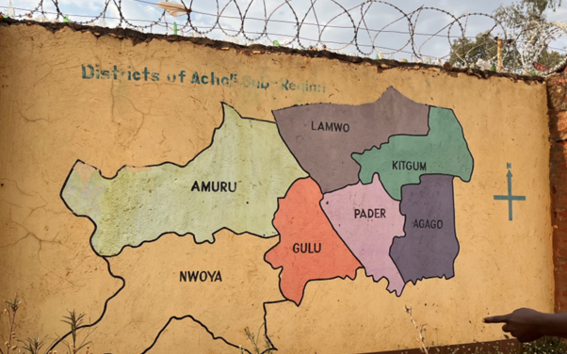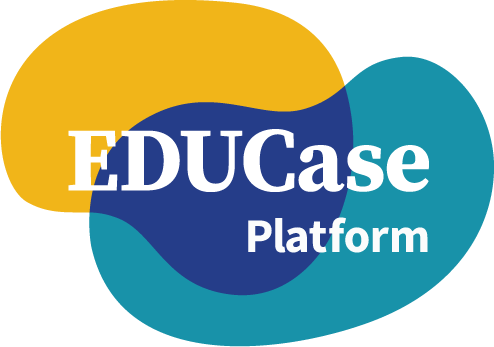Revitalizing dormant farmer cooperatives in Uganda

The student challenge was part of the AgriSCALE project and had a problem-based learning methodology. The project was a collaboration between Aalto, Gulu, Pavia, Mulungushi, and the University of Zambia. The objective of the challenge centered around supporting the West Acholi Cooperative Union (WACU), a local cooperative organization in Northern Uganda, to revitalize dormant farmer cooperatives, and design feasible and practical solutions for the members in the selected cooperatives.
The students conducted the site visits in Uganda in February and March 2023. Before arrival, the student teams conducted extensive research, including literature reviews on farmers and cooperatives in Sub-Saharan Africa and Uganda. They also interviewed their client to gather as much information as possible. Additionally, they familiarized themselves with the local culture, food, language, clothing, and must-visit places, all of which were essential for their journey. Their thorough preparation laid the foundation for an exciting and well-informed adventure.
Upon arrival, the students engaged in workshops and guest lectures on the local culture and research practices, preparing them for the days ahead. Divided into three teams, they embarked on visits to ten cooperatives in three different districts where WACU is active: Gulu, Nwoya, and Amuru.
The students were warmly welcomed by cooperative leaders, often English speakers. Many students from Gulu and WACU staff were fluent in Acholi, the local language, allowing for diverse perspectives from cooperative members, including leaders, female farmers, and youth members. Farmers readily shared their stories, challenges, and beliefs, offering unique insights into their daily lives and cooperative dynamics. One of the participating students, remarked on the experience, saying, "I enjoyed the experience. It was more intensive and challenging than expected but still motivating."
The methodology provided a platform for the students to deeply immerse themselves in the local culture and context while forging meaningful connections with the local stakeholders. The next phase for the students is to synthesize these diverse narratives into actionable steps and create prototypes that best address the farmers' needs and the cooperative union's objectives. The students expressed their hope to return to Gulu in the future to witness the impact of their efforts and ascertain whether their project contributed positively to the region.
The IDBM team’s immersion in Northern Uganda showcases the power of immersive learning and international collaboration in addressing real-world challenges. The lessons learned from the smallholder farmers in this Sub-Saharan African community are bound to leave a lasting impact on the students' approach to agriculture and cooperative development.
Read more news
Breaking the Darkness: Tackling energy crisis in Lesotho
Lesotho, often called the Kingdom in the Sky due to its high altitude, faces a severe energy crisis, with nearly half of its population lacking access to reliable electricity.
Transforming Interdisciplinary Education: Sustainable Global Technologies (SGT) Across Four Continents
The true impact of our actions often unfolds over time, as demonstrated by the students at the SGT FAIR’24 on May 22. Their work showcased how a single student challenge can drive significant change.
A Global Learning Space: Empowering Students for Responsible Global Engagement
As part of the EDUCase network, the University of Oulu has offered to be the testing ground of a virtual learning initiative that aims to revolutionize virtual learning.
